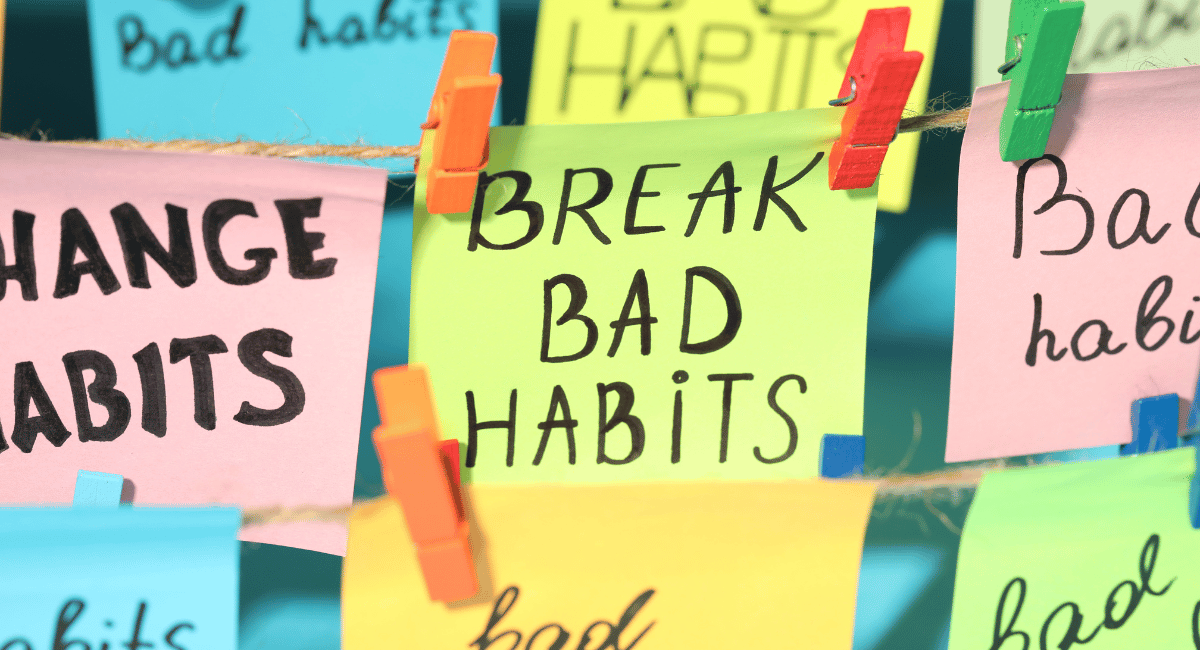Positive habits can profoundly impact your life, improving well-being, increasing productivity, and bringing greater happiness. Here are ten habits that, when consistently practiced, can completely transform your life:
Setting Daily Goals
- Further Practice: Use the SMART criteria (Specific, Measurable, Achievable, Relevant, Time-bound) to refine your goals. Visualizing or mapping out steps to achieve these goals can enhance motivation and clarity.
- Long-Term Impact: Develops a proactive mindset, leading to higher achievement and the ability to tackle larger objectives over time.
Practicing Gratitude
- Further Practice: Beyond writing, express gratitude directly to others through messages or calls. This not only strengthens relationships but also amplifies positive emotions.
- Long-Term Impact: Fosters a resilient mindset, helping you to maintain a positive outlook even during challenging times.
Prioritizing Physical Activity
- Further Practice: Mix up your routine with different activities to keep it exciting and cover all aspects of fitness: strength, flexibility, and endurance.
- Long-Term Impact: Establishes a foundation for lifelong health, reducing the risk of chronic diseases and improving quality of life.
Eating Nutritious Foods
- Further Practice: Learn to cook simple, healthy meals. Understanding the basics of nutrition can also help you make better food choices.
- Long-Term Impact: Encourages a healthy relationship with food and can prevent nutrition-related diseases, contributing to a longer, healthier life.
Prioritizing Sleep
- Further Practice: Develop a relaxing bedtime routine that may include reading, meditation, or gentle stretching to signal your body that it’s time to wind down.
- Long-Term Impact: Consistently good sleep can improve cognitive function and emotional resilience, significantly enhancing daily performance and mood.
Continuous Learning
- Further Practice: Set learning goals that align with your interests or career aspirations. Engage in communities or groups that share your learning interests to deepen knowledge and commitment.
- Long-Term Impact: This keeps you competitive in the job market, fosters personal development, and can lead to a more fulfilling and engaging life.
Mindfulness and Meditation
- Further Practice: Incorporate mindfulness into daily activities, such as eating or walking, by entirely focusing on the experience and sensations involved.
- Long-Term Impact: Enhances emotional intelligence and stress management skills, leading to better decision-making and relationships.
Financial Planning
- Further Practice: Educate yourself on investing and saving strategies to grow wealth. Regularly review and adjust your financial plan to adapt to life changes or financial goals.
- Long-Term Impact: Achieving financial independence and security, enabling you to make life choices that aren’t solely based on economic considerations.
Networking and Building Relationships
- Further Practice: Offer value to your network through information sharing, support, or connections. Genuine engagement without immediate expectations builds more robust, more meaningful relationships.
- Long-Term Impact: This creates a supportive ecosystem for personal and professional growth, leading to opportunities and collaborations that may not have been possible alone.
Self-Care and Personal Time
- Further Practice: Learn to set boundaries to protect your time. Recognizing the signs of burnout early can help you take proactive steps to recharge.
- Long-Term Impact: Sustains long-term productivity and creativity by preventing burnout and fostering a balanced life where personal well-being is valued as much as achievements.
Embrace a Growth Mindset
- Concept: A growth mindset, the belief that abilities and intelligence can be developed through dedication and hard work, is fundamental to personal development. It encourages resilience in the face of challenges and a commitment to continuous improvement.
- Application: Reflect on failures and setbacks as opportunities for growth rather than signs of inability. Celebrate progress and effort, not just outcomes.
Develop Emotional Intelligence (EQ)
- Concept: EQ, the ability to understand and manage your emotions and those of others, plays a critical role in personal and professional success. It enhances communication, empathy, and conflict-resolution skills.
- Application: Practice active listening, empathy, and self-regulation in daily interactions. Seek feedback on your emotional responses and impact on others to identify areas for growth.
Integrating these habits into your life is a personal growth journey requiring patience and persistence. The cumulative effect of these practices can lead to profound life changes, enhancing well-being, success, and happiness in advantageous and sustainable ways over time.










